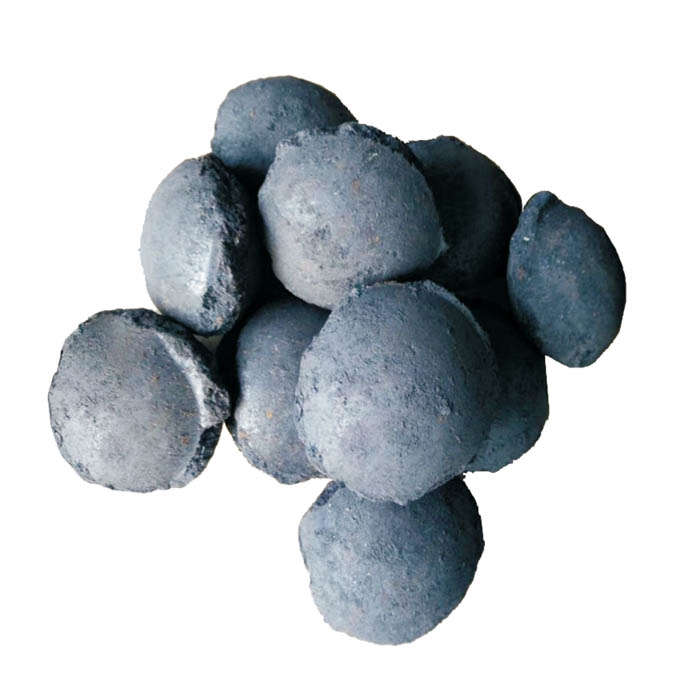Nov . 09, 2024 23:22 Back to list
Innovative Sound Absorbing Materials for Enhanced Automotive Manufacturing Efficiency
Sound Absorbing Materials in Automotive Factories Enhancing Comfort and Efficiency
In the modern automotive industry, noise control has become a paramount consideration, not only for the comfort of drivers and passengers but also for the well-being of factory workers. As vehicles become more sophisticated, the noise generated during operation and manufacturing processes can lead to significant discomfort and distraction. To combat these issues, manufacturers are increasingly turning to sound-absorbing materials in automotive factories.
Understanding Sound Absorption
Sound absorption refers to the process of converting sound energy into a less energetic form, typically heat, which reduces the intensity of sound in a given space. This is achieved through various materials that have unique properties to absorb sound waves rather than reflecting them back into the environment. In an automotive factory setting, these materials play a critical role in managing noise levels across vast production lines, thereby enhancing the working conditions for employees.
The Importance of Sound-Absorbing Materials
1. Worker Comfort and Health Excessive noise in the workplace can lead to various health issues, including stress, hearing loss, and decreased productivity. By incorporating sound-absorbing materials in factory design, manufacturers can create a safer and more comfortable environment for their employees. This is especially crucial in areas where machinery operates at high volumes, such as assembly lines and welding stations.
2. Quality of Automotive Products The quality of sound absorption within factories directly impacts the quality of the automotive products produced. A quieter manufacturing process allows for better concentration and precision, leading to fewer errors and higher-quality vehicles. Additionally, soundproofing the environment can also lead to a reduction in vibrations, which is beneficial in maintaining the integrity of sensitive components.
3. Regulatory Compliance Many countries have regulations regarding workplace noise levels to protect workers' health. Automotive manufacturers must adhere to these regulations, and the use of sound-absorbing materials is often a key part of compliance strategies. By implementing effective noise control measures, companies can avoid potential fines and promote a positive image.
Types of Sound-Absorbing Materials
sound absorbing material automotive factory

Automotive factories utilize various sound-absorbing materials, each offering different advantages
- Foam Panels Commonly used for their lightweight and efficient sound absorption properties, foam panels are often installed on walls and ceilings to dampen noise reverberations. They can be designed in various shapes and sizes to enhance aesthetic appeal while providing effective sound control.
- Acoustic Tiles These tiles are typically made from materials such as mineral fiber or polyester and are used in the construction of ceilings or wall panels. Their design helps to minimize echo and absorb sound effectively, contributing to a quieter working environment.
- Mass Loaded Vinyl (MLV) This heavy, flexible material is used to block sound transmission while being durable and easy to install. MLV can be applied in various locations, including on machinery and walls, to prevent sound from escaping or entering specific areas.
- Carpets and Textiles Incorporating carpets and textile wall coverings can also significantly reduce noise. These materials not only provide sound-absorbing properties but also add warmth and comfort to factory spaces, positively impacting the overall working atmosphere.
Innovations in Sound-Absorbing Materials
The automotive industry is continually evolving, and so are the materials used in sound absorption. Recent innovations include the development of smart materials that can adapt to changing sound frequencies, providing enhanced absorption capabilities as needed. Additionally, sustainable materials made from recycled products are gaining popularity, aligning with the industry's movement towards more eco-friendly practices.
Conclusion
In conclusion, the integration of sound-absorbing materials in automotive factories is not merely a trend but an essential component in creating a safe, comfortable, and efficient working environment. As the industry faces increasing demands for productivity and quality, the role of these materials becomes even more critical. By investing in sound-absorbing technologies, automotive manufacturers not only enhance the experience for their workers but also improve the overall quality of their automotive products, setting a standard for excellence in the industry.
-
Fe-C Composite Pellets for BOF: Enhance Steelmaking Efficiency
NewsAug.07,2025
-
Eco-Friendly Granule Covering Agent | Dust & Caking Control
NewsAug.06,2025
-
Fe-C Composite Pellets for BOF: High-Efficiency & Cost-Saving
NewsAug.05,2025
-
Premium Tundish Covering Agents Exporters | High Purity
NewsAug.04,2025
-
Fe-C Composite Pellets for BOF | Efficient & Economical
NewsAug.03,2025
-
Top Tundish Covering Agent Exporters | Premium Quality Solutions
NewsAug.02,2025
